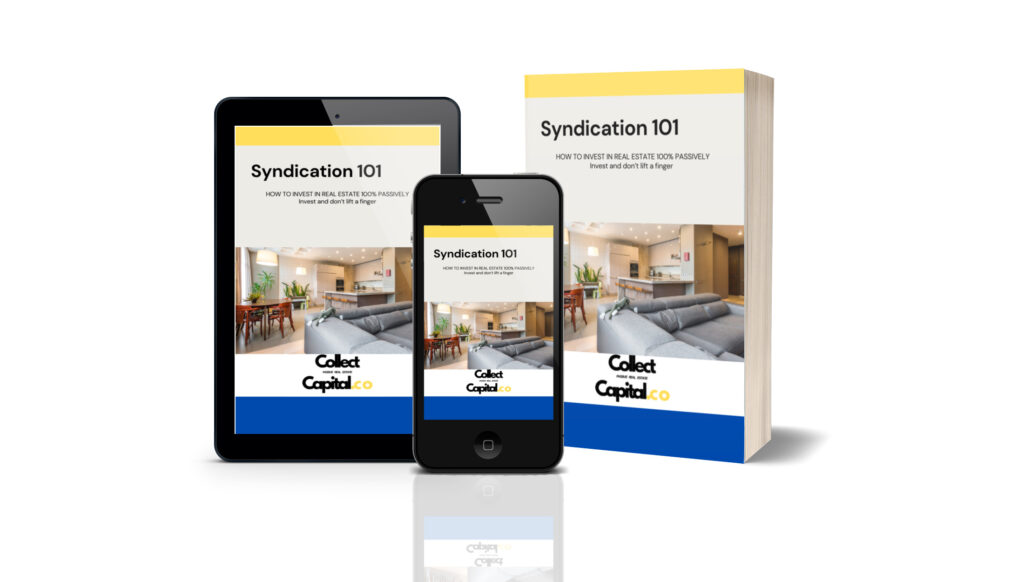The key elements that influence estate are inflation and interest rates. Inflation raises the prices of goods and services while interest rates determine the cost of borrowing money.
Inflation can affect estate in different ways based on whether you’re purchasing or selling a property. It can raise the value of the property you’re acquiring making it more costly to buy. Additionally, it may lower your mortgage payments expenses making borrowing money cheaper.
Interest rates play a role, in both sides of transactions. They impact your payments. Determine how much you can borrow as well as the interest rate if you lack sufficient funds to purchase a property outright.
The Impact and Influence of Increasing Inflation
Inflation has been a trend in the U.S. Economy over years growing at an average rate of 2% annually.
Inflation is a factor affecting estate because it shapes buyer and seller actions. For instance, with a 30-year fixed mortgage, at 4% you’re aware that your monthly payment will remain steady for three decades of inflation trends.
Inflation can actually boost your purchasing power by bringing down living expenses
The Influence of Interest Rates, on Apartment Prices and the impact of interest rates on apartment values has an effect;
- Initially lenders determine their mortgage rates based on their expectations of the Federal Reserve’s actions. If investors anticipate a rise in interest rates by the Fed lenders will also increase their mortgage rates accordingly. Consequently, if you have an adjustable-rate mortgage (ARM) linked to LIBOR (the London Offered Rate) your monthly payment will go up with any rise in LIBOR.
- Secondly landlords can transfer their expenses to tenants by hiking prices if they operate under an adjustable-rate mortgage (ARM). This becomes especially evident in a market where the availability of apartments is limited. Landlords may have no choice but to raise rents to maintain or even enhance their cash flow.
Interest rates impact properties through two channels; (1) decreasing occupancy rates and (2) raising financing costs, for operational expenses and loan repayments or mortgages.
The impacts of these factors can often be counteracted by raising rents or cutting operating costs through strategies, like energy conservation or other methods of reducing expenses.
Influence of Inflation and Interest Rates on Multifamily Real Estate
Interest rates and inflation play a role in shaping the real estate market. These factors can greatly affect the aspects of owning and managing a family property.
Inflation directly affects the value of currency. With prices going up more money is needed to purchase goods and services compared to before. So, if inflation surpasses the interest rate established by banks an individual’s buying power decreases. In terms they’ll have to spend money to buy items they could have previously bought for less.
Conversely when interest rates fall below inflation rates individuals purchasing power increases as they can afford items, with their savings.
If interest rates exceed inflation rates it might be advantageous for an individual to pay off debts with a loan bearing an interest rate than using that money to invest in assets with a lower interest rate. However, it’s important to note that the impact of taxes and fees related to debt repayment or securities investments is not taken into account in this analysis. Therefore, there may be situations were paying off debt could be more beneficial, than investing.
Understanding the Influence of Inflation on Multifamily Real Estate Investments
Inflation plays a role in the real estate sector due to its effect on living expenses and consequently the demand for rental properties.
The value of your real estate asset whether it’s an apartment complex or another type of property will appreciate as the city expands and rental rates rise. However, if rent prices are climbing due to inflation your investment may not perform well compared to alternatives unaffected by this risk.
For instance, if you own an apartment in a city like San Francisco where rents increase by 3% annually because of inflation your net operating income would only rise by 1%. This means you’d earn 1% less each year on your investment compared to a scenario without inflation driven rent hikes.
Rising inflation leads to rents as landlords adjust their prices to maintain profitability after covering expenses such, as maintenance, utilities and taxes.
If tenants are unable to meet these costs, they may be less motivated to continue residing in their apartments as these expenses are not included in their rent payments.
Conclusion
In summary studies indicate that the level of security, within the housing sector decreases with increasing interest rates when compared to commercial real estate. Despite this investing in properties remains an option during periods of rising interest rates and inflation albeit with some uncertainty regarding economic growth. Nonetheless investors should take into account factors when determining the most suitable approach, for real estate investment.
Schedule a call with us at CollectCapital.co


